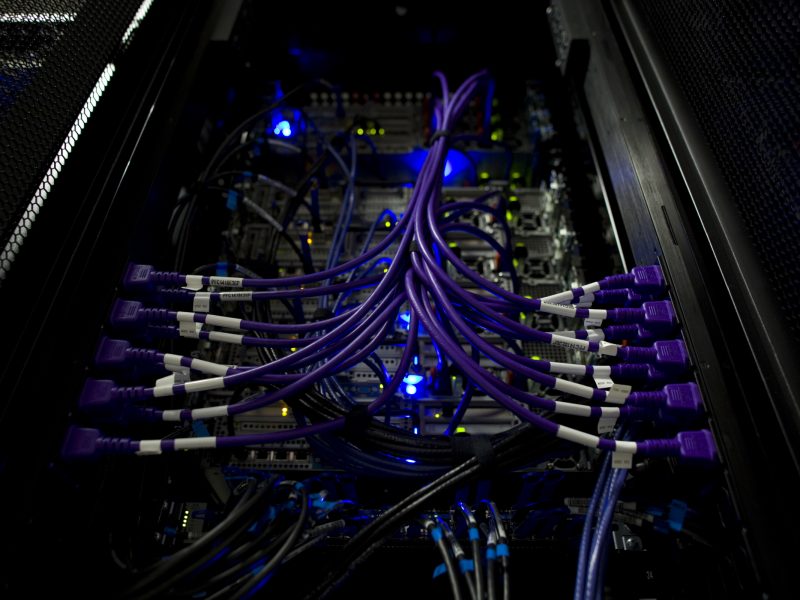Description
This technology provides a system and method for random number generation with physical unclonable functions (PUFs). A plurality of parameter values is generated by inspecting a plurality of cells in a memory array, an average parameter value is determined for each associated cell in the array, and a plurality of unstable cells is identified. Each unstable cell is associated with a parameter value within a threshold value of the average parameter values, and a processor is configured to perform the step of generating the parameter value by measuring a physical attribute of a PUF. Next, first, second, and third groups of cells, among the plurality of unstable cells, are determined by the associated parameter values. A data stream including a plurality of trinary values is generated using the three groups of cells. The processor is further configured to perform the steps of combining the plurality of trinary values, eventually generating a random output value.
Additional information
Patent number and inventor
16/492,581
Bertrand Cambou
Potential applications
This technology is designed for use with cryptographic systems and authentication methods.
Benefits and advantages
Random numbers are needed for multiple security protocols such as cryptography and computer security. This technology provides a direct generation of native ternary numbers and is a more secure, simple solution.
Case number and licensing status
2019-029
This invention is available for licensing.

